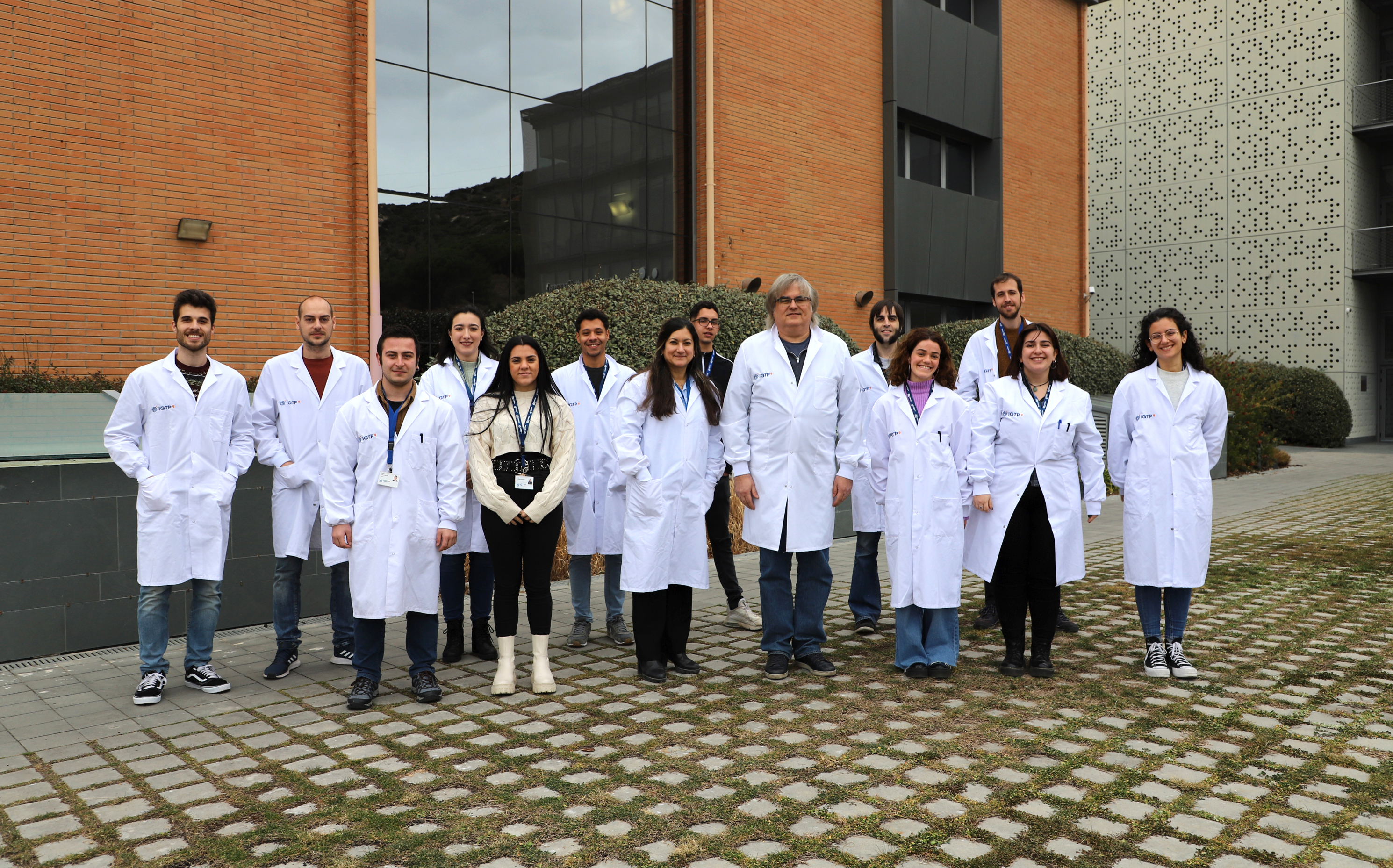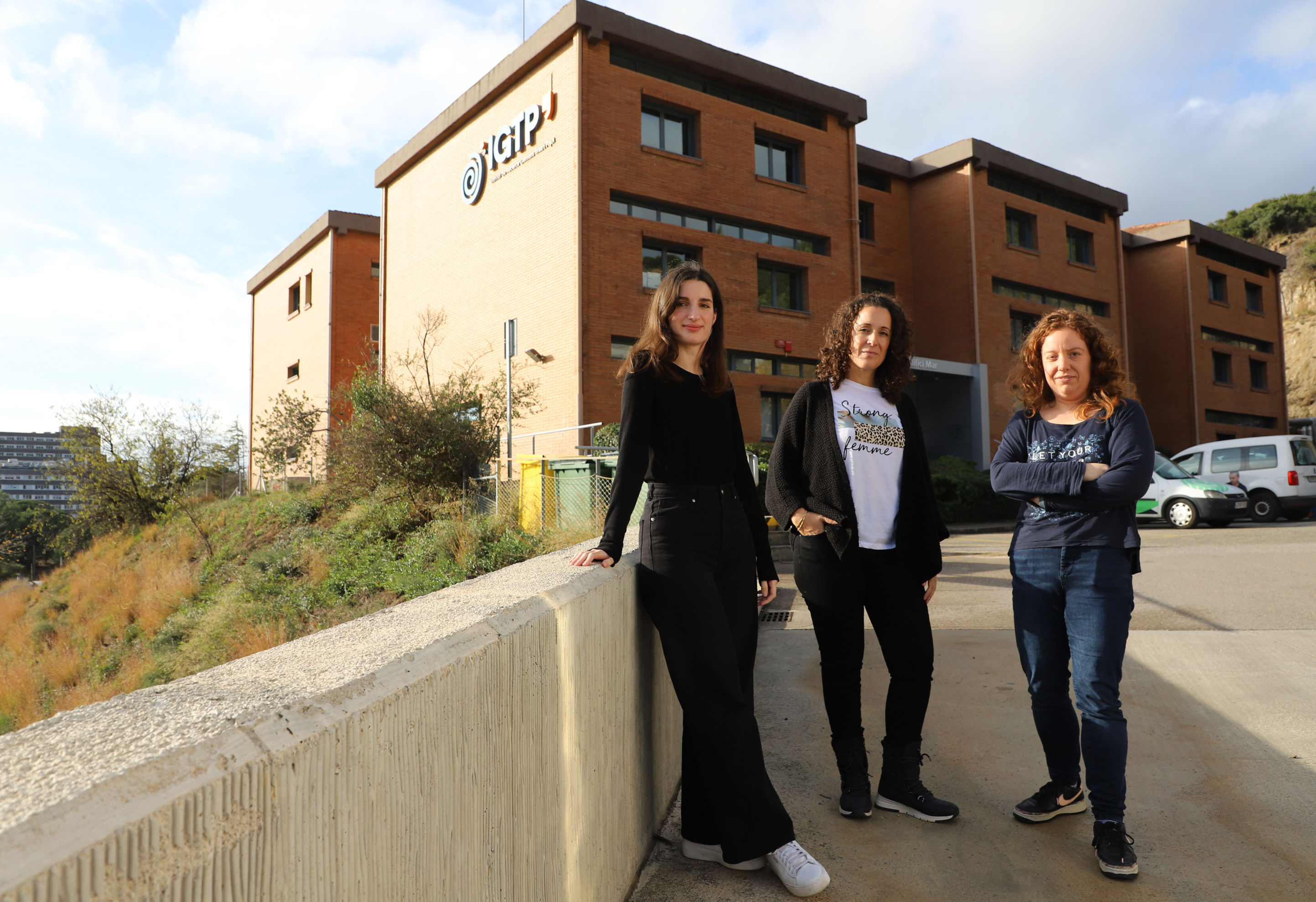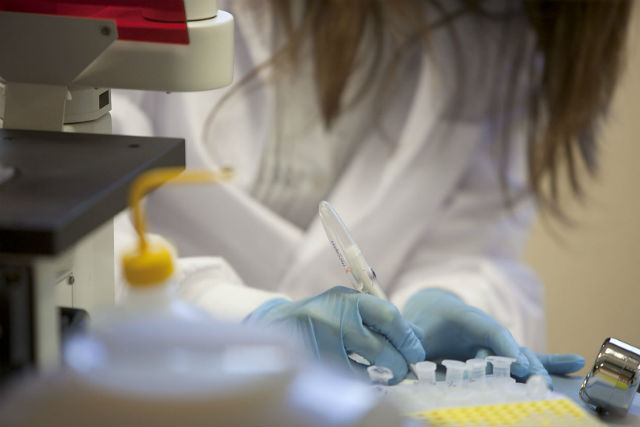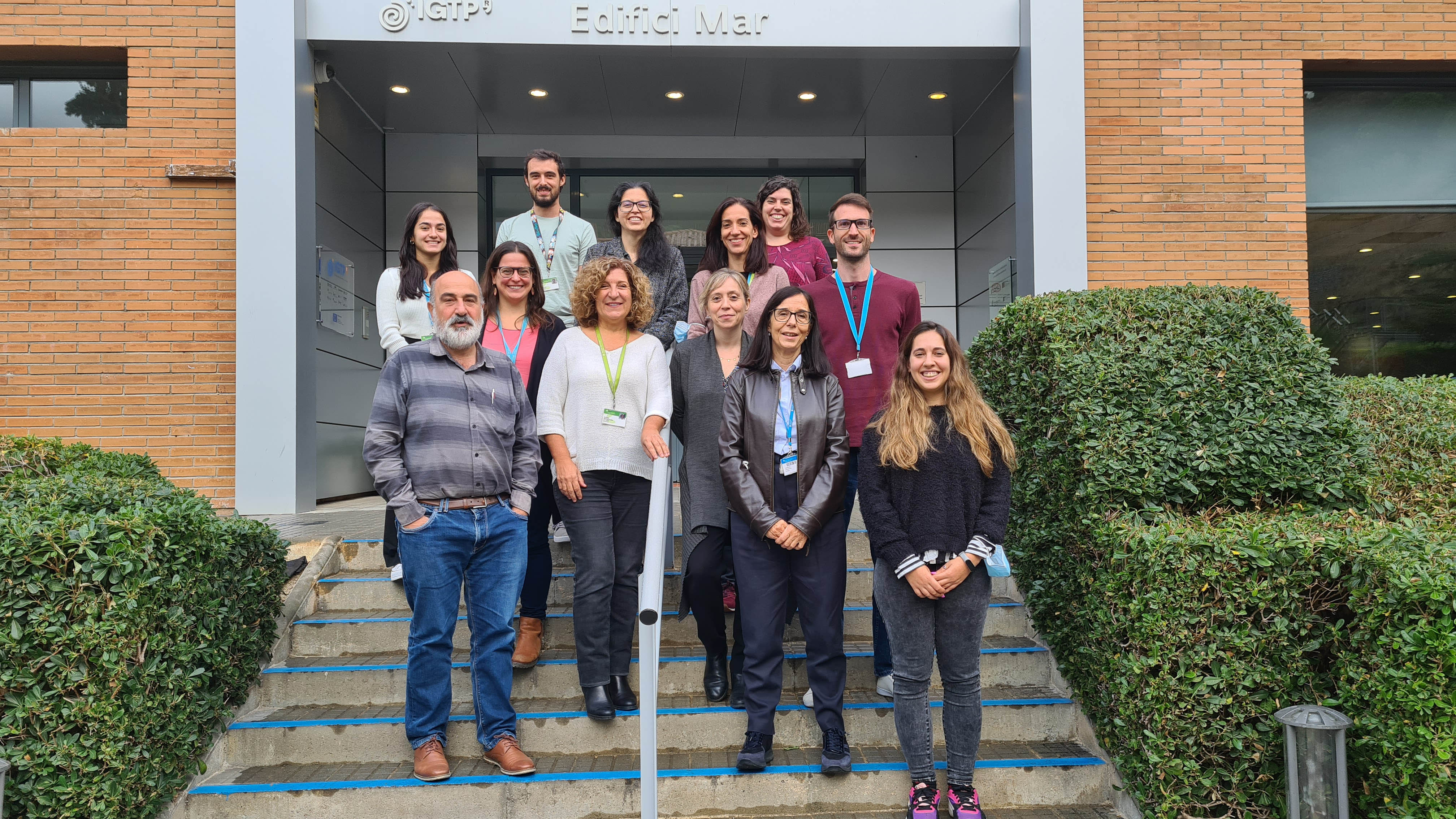Funding of €1.2M from the Spanish Association Against Cancer for a research project on childhood liver cancer coordinated by IGTP
Encouraging news in the framework of the International Day Against Childhood Cancer. The Spanish Association Against Cancer, through its Aid Programmes, has granted 1.2 million euros to the coordinated project "Personalised Medicine for Childhood Liver Cancer". The five-year project will be coordinated by the Germans Trias i Pujol Research Institute (IGTP), under the leadership of Dr Carolina Armengol, with the participation of another four Spanish research groups. All participating groups are members of the CIBER of Hepatic and Digestive Diseases (CIBEREHD).









_1670407077.jpg)
